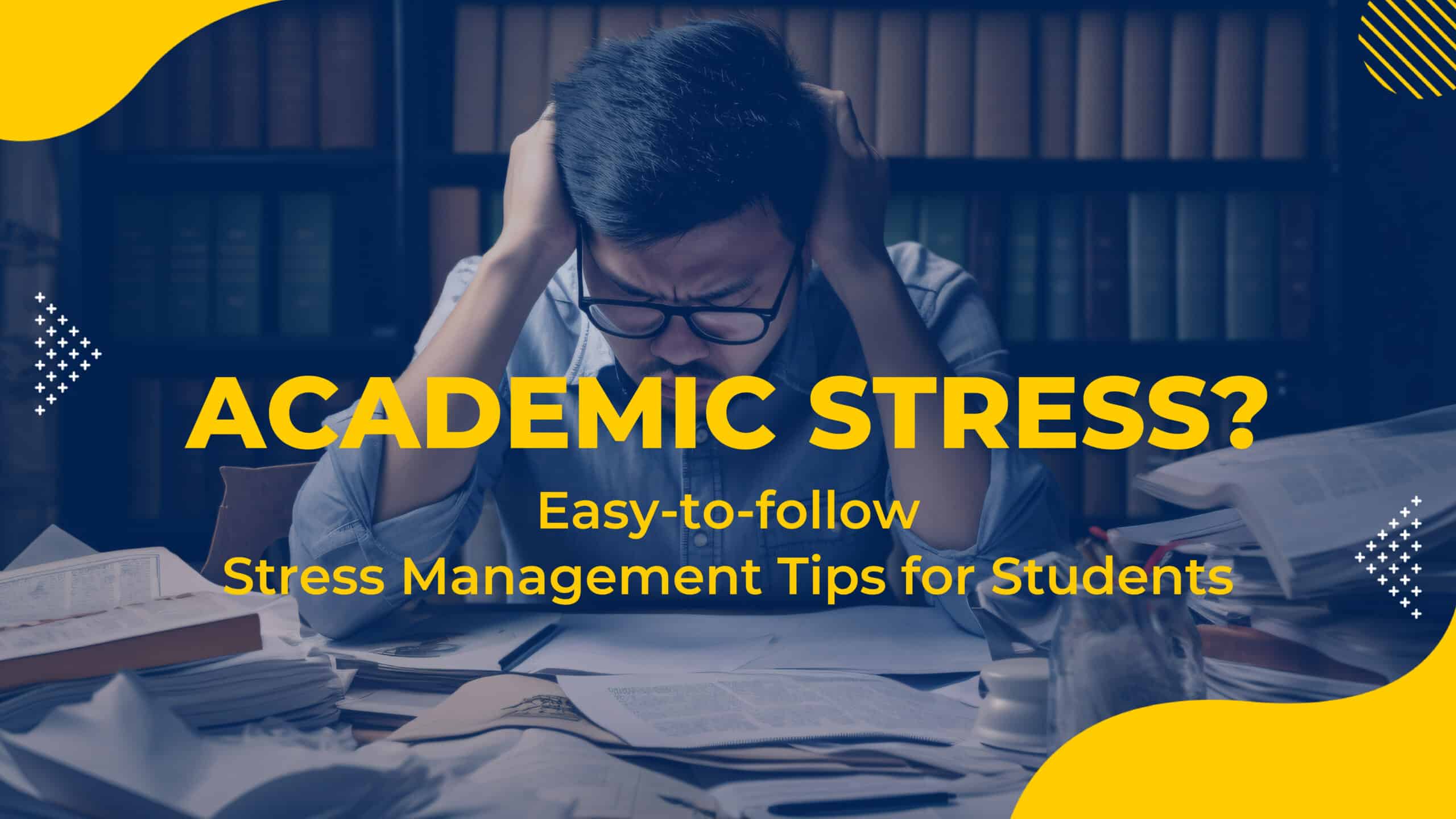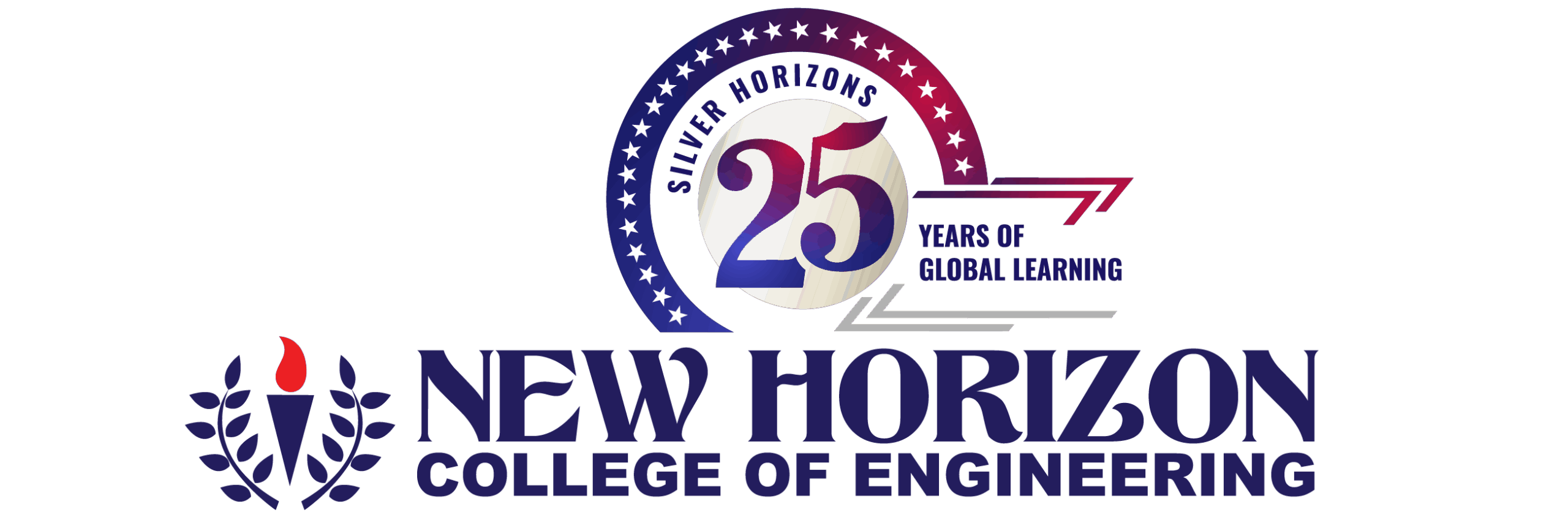Easy-to-Follow Stress Management Tips for Students
Stress is an inevitable part of life, especially student life. With academic pressures, social expectations, and extracurricular activities, students find themselves overwhelmed. However, learning and implementing effective stress management tips can significantly improve your well-being and academic performance. Managing stress effectively is crucial for both mental and physical health. Here are 7 easy-to-follow stress management tips for students.

List of 7 Stress Management Tips for Students
Time Management
Time Management is one of the most effective stress management techniques. Prioritize your task and create a schedule. Use digital tools or planners to keep track of your assignments, deadlines, and exams. Break down bigger projects into smaller and manageable tasks.
Tips for Better Time Management
- Create a daily or weekly to-do list for revising your academic subjects.
- Allocate specific time blocks for exercise and rest
- Avoid procrastination by starting with the most challenging tasks first
Positive Thinking
Maintaining a positive attitude can make a significant difference in handling stress. Rather than dwelling on setbacks, practice compassion and focus on your achievements. Eliminate room for negative thoughts and embrace a positive mindset.
Positive Thinking Tips
- Replace negative thoughts with a positive mindset
- Celebrate small successes and reward yourself
- Maintain a gratitude journal to remind yourself of the good things in your life
Healthy Lifestyle Choices
A healthy lifestyle is crucial for managing stress. Ensuring adequate sleep, eating a balanced diet, and exercising regularly helps reduce stress in everyday activities. Physical activity, even if it’s just a short walk, can help reduce stress levels and improve your mood.
Healthy Lifestyle Tips
- Get at least 7 hours of sleep each night
- Include fruits, vegetables, and whole grains into the diet
- Engage in physical activities like gym, sports, yoga, or dancing
“Implementing very small steps in day-to-day activities will play a key role in how you approach solving a problem, personal or professional. Stress is inevitable, but can be managed with a healthy lifestyle,”
-says Ms Prachi Torne, Student Counsellor at New Horizon College of Engineering.
Stay Physically Active
Regular physical activity is one of the most effective stress management tips. Endorphins are natural mood lifters, released while exercising. It also helps improve sleep, reduce anxiety, increase energy levels, and provide a break from academic pressures.
Easy Ways to Stay Active
- Take a brisk walk or jog
- Practice yoga or stretching exercises
- Join a sports team in your college or fitness class
Maintain a Healthy Diet
A balanced diet is crucial for both mental and physical health. Avoid excessive caffeine and sugary drinks, which can lead to energy crashes. Opt for nutritious food that supports your overall health instead.
Healthy Diet Tips
- Eat fruits and vegetables as part of the diet
- Consume whole grains, lean proteins, and healthy food
- Stay hydrated by drinking plenty of water
Additional Reading – Career Guidance to Chart Your Path for Success
Build a Support System
Surround yourself with positive people, be it friends, family members, or mentors. Having a strong support system provides emotional support and encouragement. Don’t hesitate to seek help from your friends, family, teachers, or counsellors when needed.
Ways to Build a Support System
- Join study groups or clubs
- Talk to a family member or trusted friend
- Seek guidance from teachers or counsellors
Simple Mindfulness Exercises
Mindfulness and meditation are powerful tools to manage stress. Taking a few minutes each day to practice mindfulness can significantly reduce stress levels. Meditation calms the mind and improves focus.
Mindfulness Exercises
- Practice Deep Breathing by Inhaling deeply through the nose, holding for a few seconds, and exhaling slowly through the
- Close your eyes and mentally scan your body from head to toe, focusing on each part and releasing tension.
Conclusion
Stress management is crucial for students to maintain their physical and mental health. However, one has to remember that managing stress is a continuous process and is essential to find out what works best for you. Practising these stress management techniques in day-to-day life can help navigate the academic journey with less anxiety and more ease and confidence. These methods will reduce stress and improve your well-being and academic performance.
Frequently Asked Questions (FAQs)
Chronic stress is a type of stress that persists over a long period. It arises from ongoing, everyday pressures that seem inescapable, such as financial difficulties, job-related issues, or relationship problems. Chronic stress is long-lasting and can become a constant presence in one’s life.
Students often face high expectations from parents, teachers, and themselves to perform well in exams and assignments. This pressure can lead to anxiety, burnout, and mental exhaustion. The fear of failure, heavy workloads, and competitive environments contribute to academic stress, affecting students’ mental and emotional well-being.
Stress can have a profound impact on studies. It can lead to difficulties in concentration, memory retention, and overall cognitive function. High levels of stress can cause anxiety, which interferes with the ability to focus and process information effectively. Managing stress is crucial for maintaining optimal study habits and academic success.
The 3-3-3 rule is a simple technique to help manage anxiety. When feeling anxious, one should
- Look around and name three things you see.
- Identify three sounds you hear.
- Move three parts of your body, such as your fingers, toes, or shoulders.
Yes, therapy can significantly improve mental health. Different types of therapy, such as cognitive-behavioural therapy (CBT), psychodynamic therapy, and behaviour modification therapy offer strategies to manage stress, anxiety, depression, and other mental health issues. Therapy provides a safe space to explore emotions, develop coping mechanisms, and gain insights into personal challenges.






